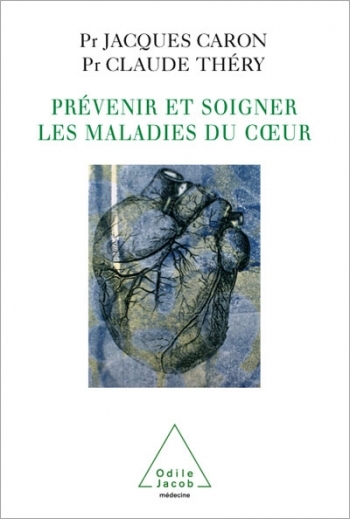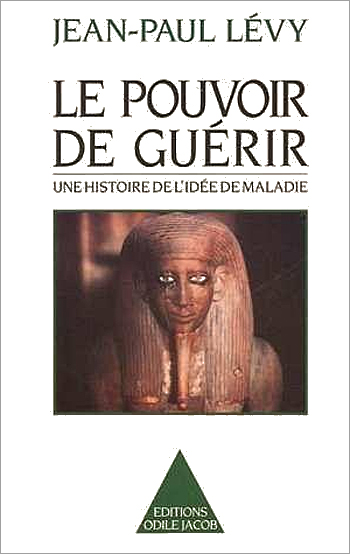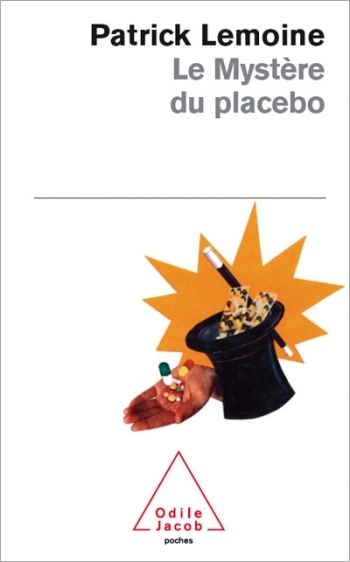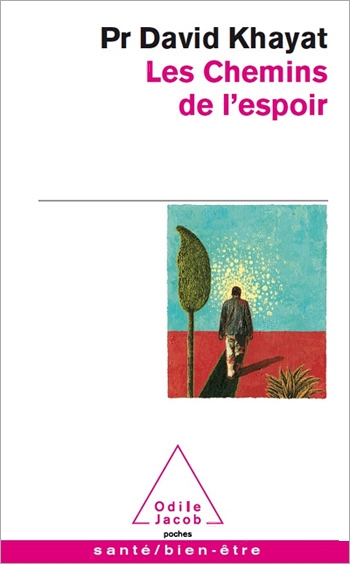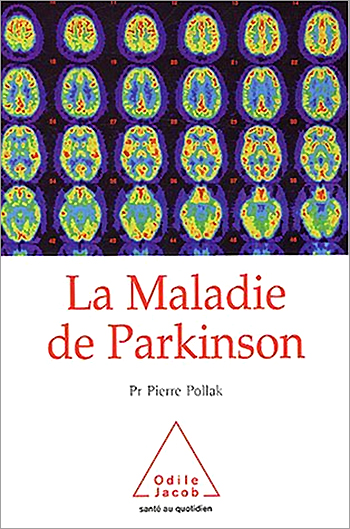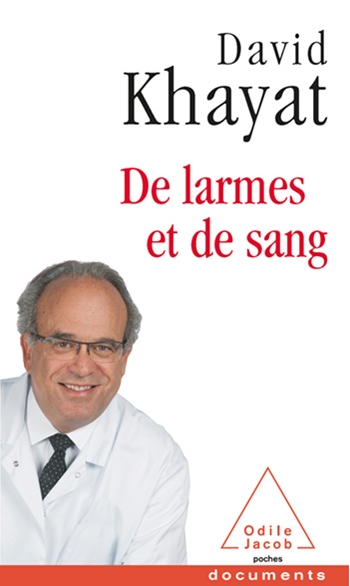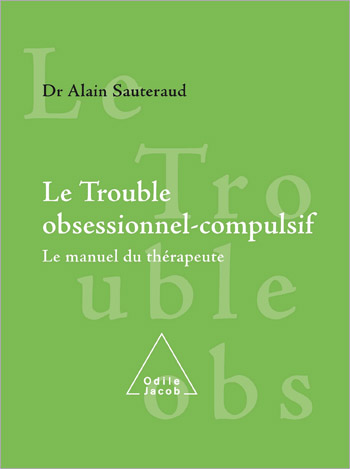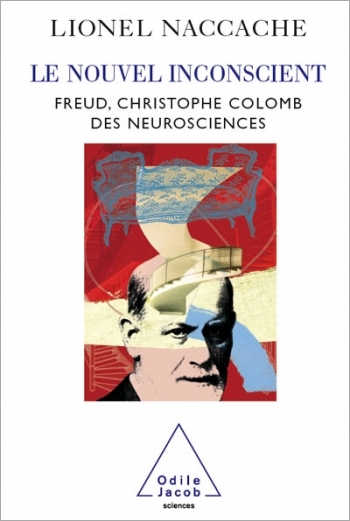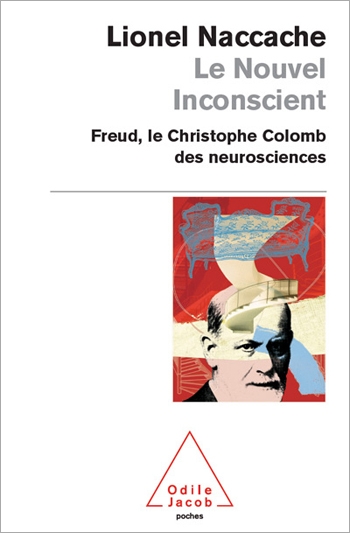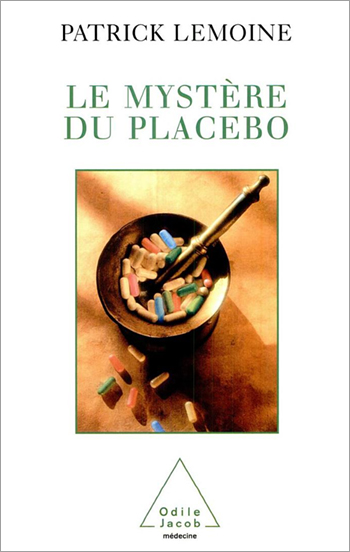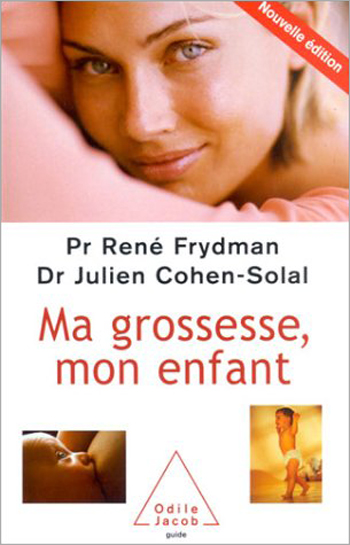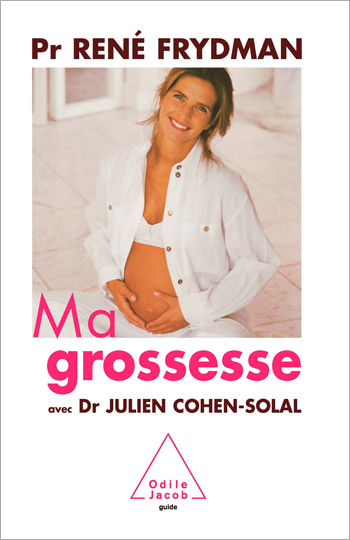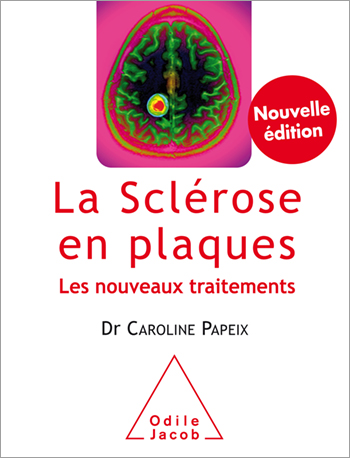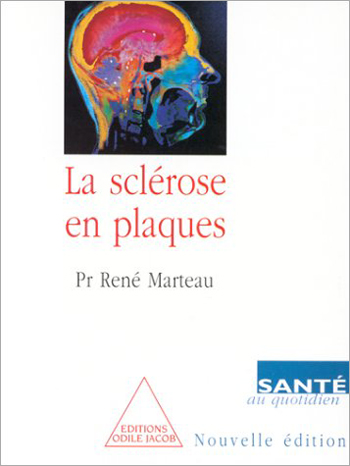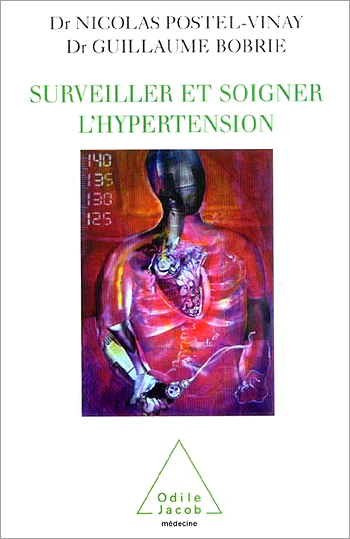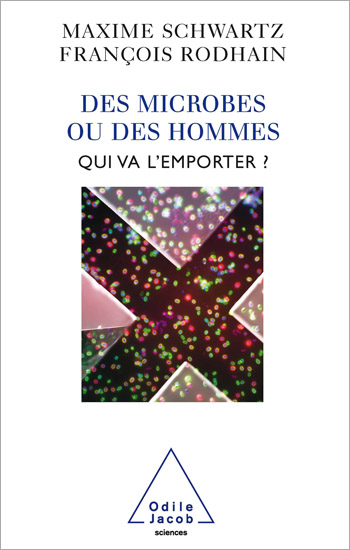Medicine All books
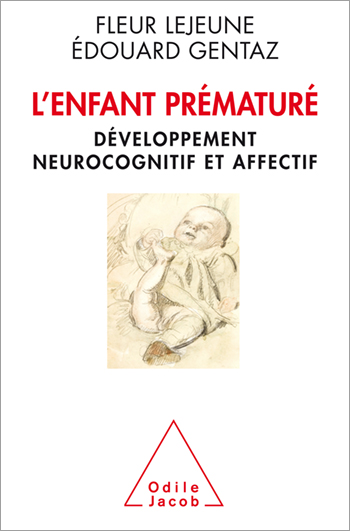
Fleur Lejeune, Édouard Gentaz
The Premature Child Cognitive Development in Premature Infants
Is brain development slower in preterm infants?
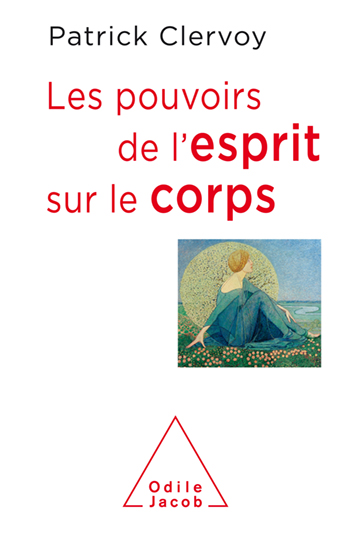
Patrick Clervoy
The Power of Mind over Body
The role and the power of the mind in healing: a completely new approach. An approach that looks to history, philosophy, biology, psychiatry – all that goes into the healing process.
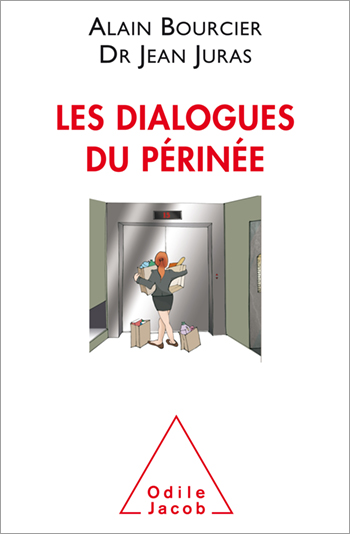
Jean Juras, Alain Bourcier
The Perineum Dialogues Lifting the veil on perineal disorders
A subject that can be hard to discuss, and a light-hearted yet well-documented way of addressing a taboo. Aimed at both women and men. Perineal issues after giving birth, after cancer treatments, in old age, after treatment for prostate cancer, etc..
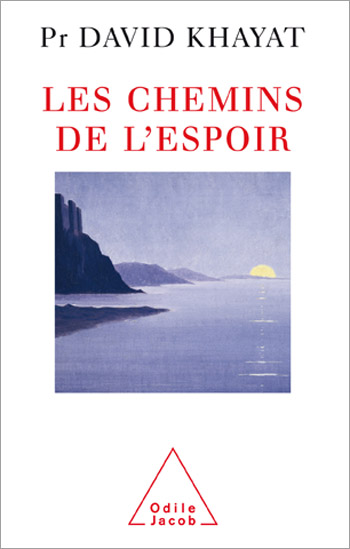
David Khayat
The Paths of Hope
The progress made in cancer research and the advances in therapeutics have become such that they open before us, without any doubt, marvellous paths towards hope. It is these paths that I suggest we discover together. David Khayat David Khayat is a professor at the Pierre-et-Marie-Curie University and the head of the cancer team at the La Pitié-Salpêtrière Hospital.

Pierre Pollak
Parkinson's Disease
There are many aspects of this disease : How does it operate and what causes it ? When does the trembling start ? What are the other symptoms ? What are the newest available treatments ? What can be done when medicines are no longer effective ? What about brain surgery ? Will it be possible one day to perform brain transplants ? With regard to the daily life of a patient suffering from Parkinsons Disease, what are the benefits of gymnastics and massages ? Is it still possible to drive ? Or hold down a job ? What is the best attitude for the people around the patient to adopt ? Pierre Pollak teaches neurology at the University Hospital of Grenoble.
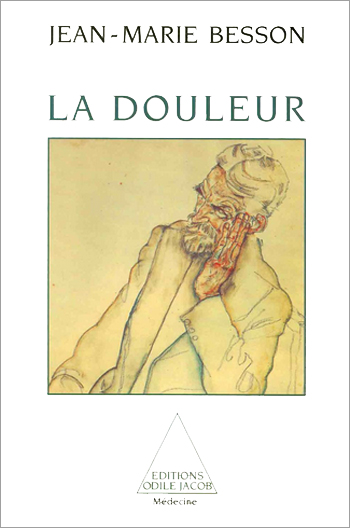
Jean-Marie Besson
Pain
Pain. Doctors and researchers have long sought its origin.In this fascinating essay, well-known neurophysiologist J.-M. Besson explains what pain is and how to combat it. He examines acupuncture, various placebos, and recounts the current search for an ideal analgesic, one containing the power of morphine without its negative side effects.
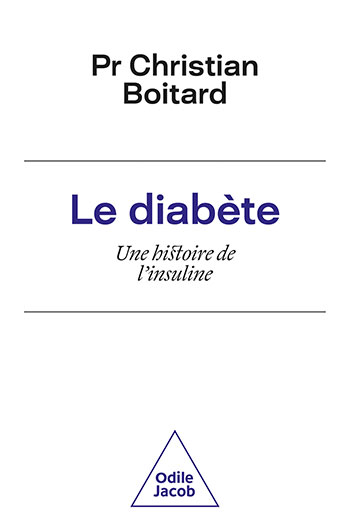
Christian Boitard
Overcoming Diabetes insulin
A clear and passionate account to better understand diabetes and the history of this illness.
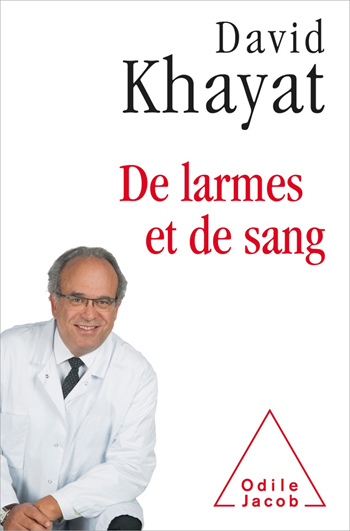
David Khayat
Of Blood and Tears
An eminent physician recounts his deepest feelings as he faces death and pain, as well as his own suffering, in the course of treating his patients.
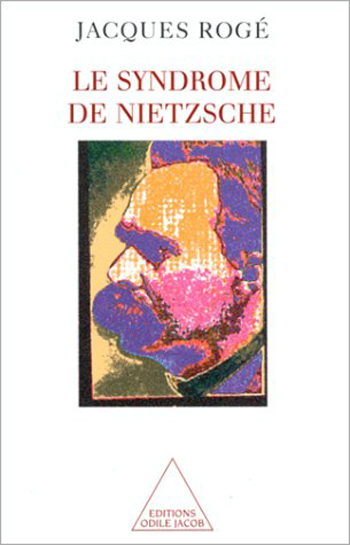
Jacques Rogé
Nietzsche's Syndrome
Nietzsche was a manic-depressive. This is the conclusion that one doctor, Professor Jacques Rogé has come to after reading the works of the great philosopher, in particular his autobiographical texts. In light of this diagnosis, he explains why the author of Joyful Wisdom continuously oscillated between periods of creative exultation and periods of melancholic depression. In particular, he draws out the essential role that this illness played in the explosion of Nietzsches genius.
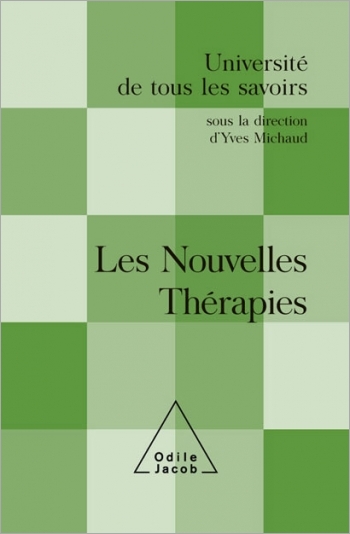
Yves Michaud
New Therapeutics
Advances in medical science are constantly being made, but it is often difficult for patients to realise what these advances entail and to understand their applications. The twelve lectures collected in this new volume in the series L'Université de tous les savoirs aim to inform us about some of these recent advances by addressing the following questions: What is the procedure for putting new medication on the market? How is new medication tested? What are the policies for furthering pharmaceutical innovation? How are health care structures organised? What will the hospital of the future be like? What are biotechnologies? What has been the impact of the neurosciences on therapeutics? What advances have been made in genetic mapping? What benefits can patients hope to gain from it? Gathered here are contributions by a geneticist, a surgeon, a psychiatrist, an emergency doctor, a neurologist and a philosopher. They examine the state of medical research today and address a question that concerns us all: What will medical care be like in the future? Contributions by Yves Agid, Pierre Carli, Alain Carpentier, Patrick Couvreur, Claude Debru, Bernard Golse, Didier Houssin, Gérard Le Fur, Jacques Marescaux, Arnold Munnich, Luis Omnès and Olivier Saint-Jean. Other books in the series include Qu'est-ce que la vie?, Qu'est-ce que l'humain?, Qu'est-ce que la société?, Qu'est-ce que l'Univers?, Qu'est-ce que les technologies?, Qu'est-ce que la culture?, Qu'est-ce que la vie psychique?, Le Renouvellement de l'observation dans les sciences, La Chine aujourd'hui, Egalité et inégalités, Qu'est-ce que la diversité de la vie?, Qu'est-ce que la globalisation?, Paris and La Guerre d'Algérie 1954-1962.
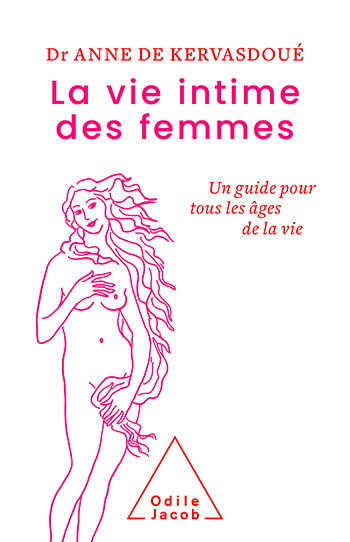
Anne de Kervasdoué
New Questions from Women Responses to 1001 questions that women ask about their health and their well-being, at every age in life
All the experience and knowledge of a gynecologist who has been listening to women for 40 years.
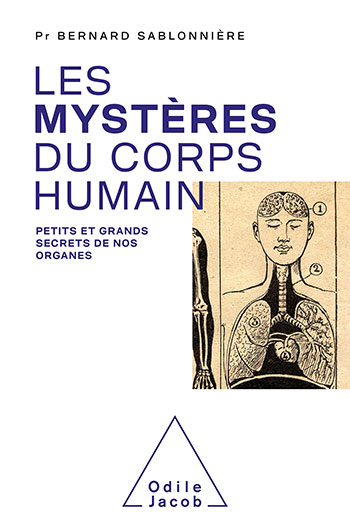
Bernard Sablonnière
The Mysteries of the Human Body
Do your organs interest you? In this new book, Professor Sablonnière offers a guided tour of them, a new Fantastic Voyage that plunges us into the mysteries of the body and its arcana.
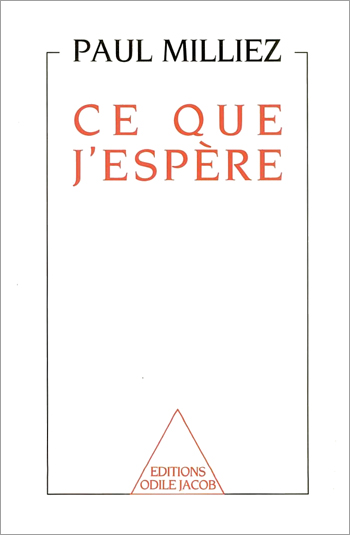
Paul Milliez
My Hopes
How does a traditionally-educated Catholic become a committed doctor? How do the resistance, the fight for abortion and against all forms of intolerance, intimate relationships with world leaders from General de Gaulle to the Shah of Iran and travels from Liban to Saudi Arabia, combine to create an extraordinary personality? A worldwide specialist in arterial hypertension, Paul Milliez (1912-1994) was the honorary dean of faculty at Broussais Hotel-Dieu.
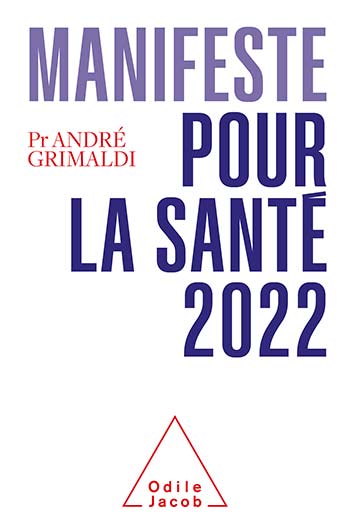
André Grimaldi
My Battle for Health Putting an End to 20 Years of Neglect
For a complete understanding of our health system and the succession of reforms “for increased productivity” of hospitals that have harmed it, without responding to the true new challenges happening now and to come.

